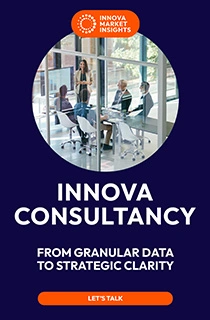
- Industry news
Industry news
- Category news
Category news
- Reports
- Key trends
- Multimedia
Multimedia
- Journal
- Events
- Suppliers
- Home
- Industry news
Industry news
- Category news
Category news
- Reports
- Key trends
- Multimedia
Multimedia
- Events
- Suppliers
Pennsylvania Liquor Control Board Launches PLCB+, New Online Licensing Platform

The Pennsylvania Liquor Control Board (PLCB) is modernizing licensing operations with PLCB+, a new online platform through which licensing and permitting business can be conducted securely, quickly and simply over the Internet.
"Just as tax agencies and private companies are increasingly requiring electronic submissions, the PLCB, too, is moving toward a paperless licensing process to achieve greater efficiency and enable better customer service," said Board Chairman Tim Holden. "PLCB+ provides robust functionality and 24/7 access, replacing a 15-year-old online licensing system with limited capabilities and even older paper processes."

PLCB+ is a single gateway for businesses and individuals to apply for and manage beverage alcohol licenses and permits. Through PLCB+, licensees can renew and validate an existing license, apply for a new license, apply to transfer a license, update license account information, and pay application and license fees online. Payments for fines issued by the Office of Administrative Law Judge can also be remitted through PLCB+. Additionally, PLCB+ provides an easy online process for submitting tavern gaming license applications, applications to extend the size of a licensed establishment, change of officer applications and special permit applications for wine auctions and non-profit special occasions.
PLCB+ replaces multiple, archaic legacy systems, transforms nearly 70 paper processes into electronic submissions and streamlines administrative and investigative processes required before a license can be issued. The system is anticipated to reduce processing time and provide enhanced customer service by giving licensees 24/7 access to the system and real-time status updates.
The first phase of PLCB+ implementation was transitioning the agency's brand registration process onto the electronic platform for more than 400 suppliers registering more than 9,000 malt and brewed beverage brands. The brand registration implementation, which occurred in October 2015, was tremendously successful, and that process is now completely paperless.










